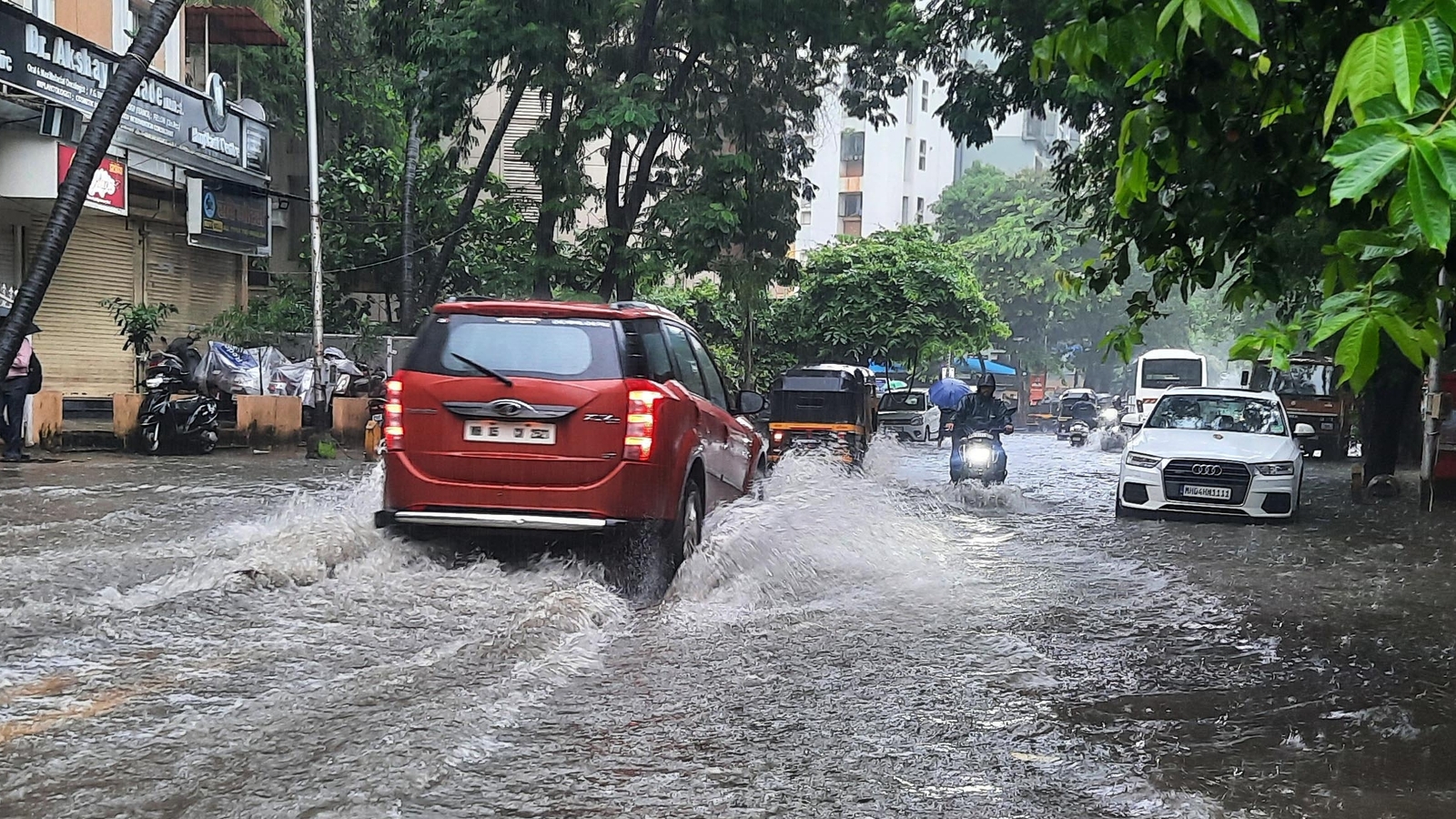Mumbai is currently experiencing a notable upswing in influenza and other seasonal ailments, with outpatient visits to municipal hospitals surging by an alarming 30-40% in the wake of recent pre-monsoon showers.
This spike in reported cases, representing a 40% increase according to civic authorities, underscores the delicate interplay between environmental shifts and public health, particularly within densely populated urban centres. The sudden transition from dry heat to elevated humidity levels, triggered by an uncharacteristic 34 mm of rainfall between Tuesday and Thursday – the heaviest May precipitation since 2021 and nearly four times the monthly average – has created conducive conditions for the proliferation of both bacterial and viral infections. The unexpected surge in humidity disrupts the human body’s natural thermoregulation mechanisms, making individuals more susceptible to infections. Physicians across the city have observed a marked increase in patients presenting with classic flu-like symptoms, including persistent fatigue, sore throats, and prolonged coughs. This situation disproportionately affects vulnerable segments of the population, such as senior citizens and those with pre-existing health conditions, who face a heightened risk of developing severe complications. The strain on Mumbai’s public healthcare infrastructure, already significant, is further amplified by this sudden influx of patients seeking medical attention.
In response to this escalating public health concern, the Brihanmumbai Municipal Corporation (BMC) has issued a comprehensive advisory urging residents to adopt stringent precautionary measures. Emphasising the importance of maintaining high standards of personal hygiene, including frequent handwashing, the BMC has also reiterated the recommendation of wearing masks, particularly in crowded public spaces. This proactive approach aims to curtail the transmission of respiratory pathogens within the community. Furthermore, the civic body has strongly advised individuals experiencing flu-like symptoms that persist for more than three days to seek prompt medical consultation, cautioning against self-medication and delayed diagnosis, which can lead to adverse health outcomes. The surge in flu cases in Mumbai serves as a potent reminder of the intricate links between urban environmental changes and public health vulnerabilities. Unpredictable weather patterns, increasingly common in the context of broader climate variability, can have immediate and significant impacts on the prevalence of infectious diseases. This necessitates robust public health surveillance systems and agile responses from civic authorities to mitigate potential outbreaks and safeguard the well-being of urban populations. Investing in public health infrastructure, promoting health literacy, and fostering community awareness are crucial components of building resilient and healthy cities capable of adapting to environmental fluctuations.
Moreover, this situation highlights the importance of equitable access to healthcare services. The reliance on municipal hospitals by a significant portion of the population underscores the critical role of public health infrastructure in providing essential medical care, particularly to vulnerable communities. Ensuring that these facilities are adequately resourced and equipped to handle surges in patient numbers is vital for maintaining public health security and promoting equitable access to care for all residents of Mumbai. Looking ahead, as further unseasonal rainfall is anticipated, the BMC and healthcare professionals are emphasizing the continued need for vigilance and adherence to preventive measures. Early diagnosis and appropriate medical management remain key strategies in mitigating the impact of this flu surge. The current situation in Mumbai underscores the ongoing need for integrated urban planning that considers the interplay between environmental factors, public health, and equitable access to resources, ensuring the creation of healthier and more resilient urban environments for all citizens.
Also Read: Andhra meets power demand without disruption


